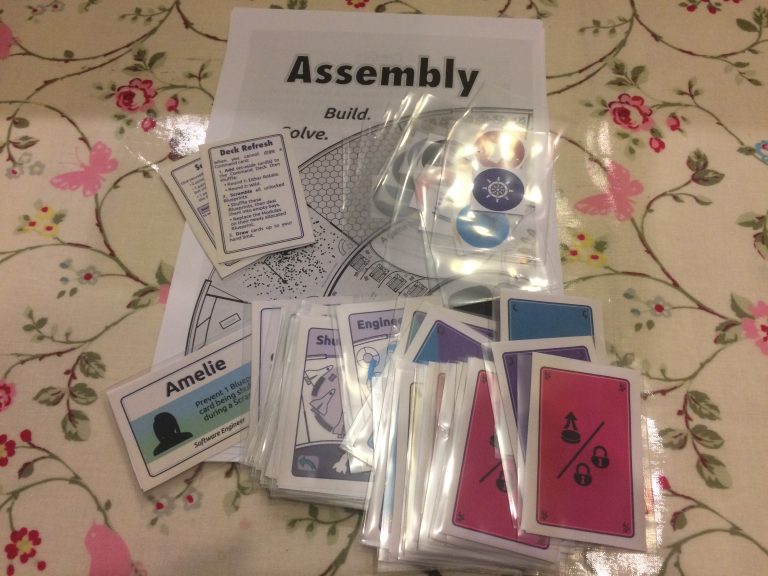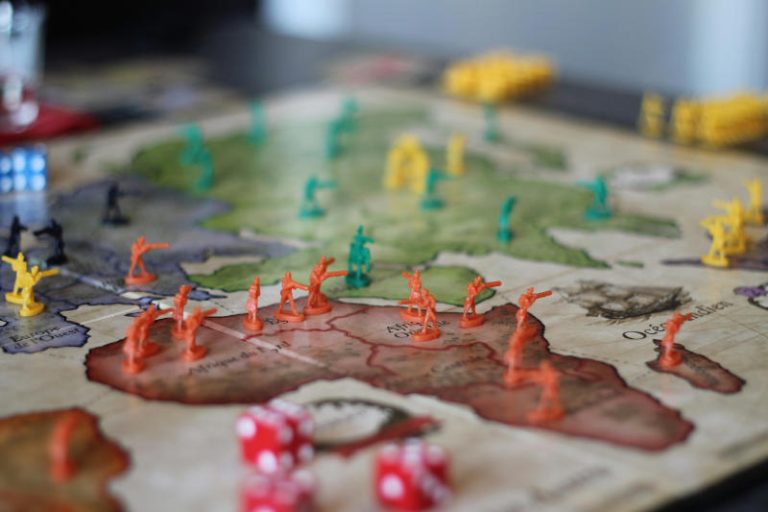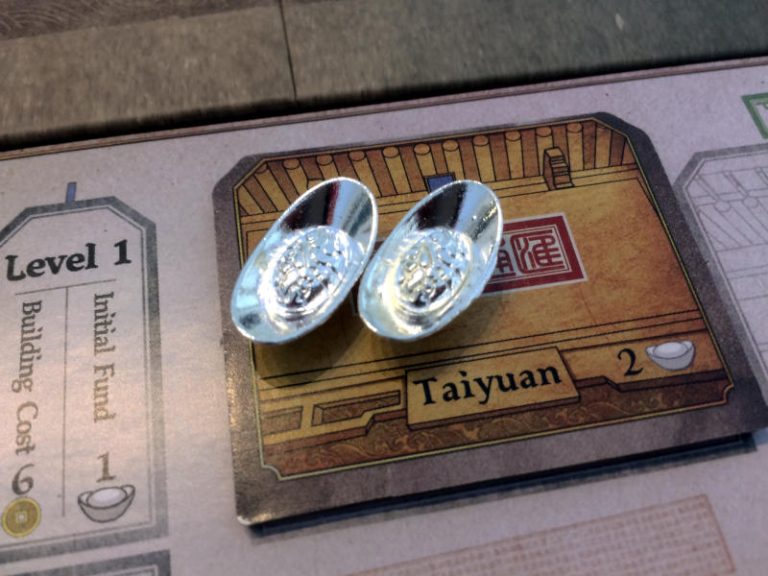Movie Fandom – How to Embrace Your Individuality While Finding Your Crowd (Topic Discussion)
The following article is a guest post by Ellen Klein, an editor who brings a unique perspective to her work. She believes in the power of planning for life's unknowns, bringing her extensive experience to bear on business, family and relationship advice. The following is a bit different to the usual fare on Tabletop Games Blog. So let us know what you think.











